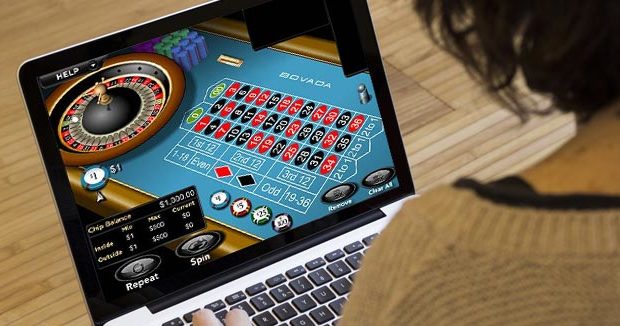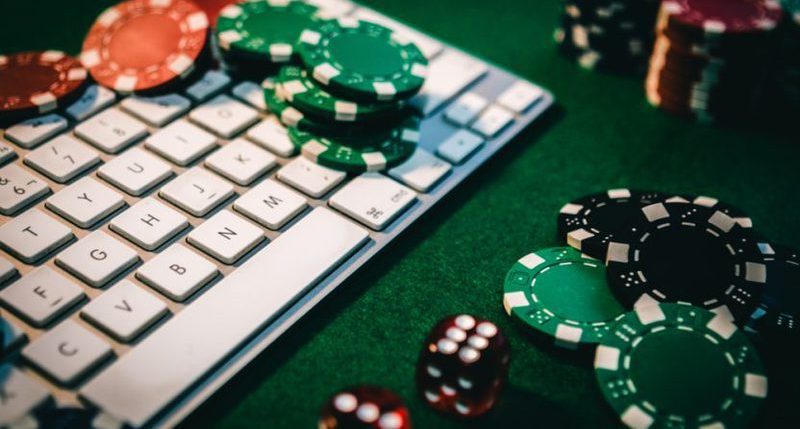
While playing poker, there are a number of strategies that you can deploy to ensure an edge in the game. This includes knowing which cards to play and which ones to fold. But even though these strategies can help improve your game, they aren’t always enough. You need to know what else you need to do to get the maximum value out of your poker skills.
If you want to take your tournament game to the next level, you will need to learn how to read the action better – and it’s important that you don’t just rely on your basic strategy. It is vital that you also understand the psychology behind what is happening because this will give you insight into how others are thinking about the hand. If you want to learn more about reading people, check out our article on How To Read People Like A Pro.
In order to use this information effectively, you’ll need to be able to pick up on subtle clues as to whether someone is bluffing or not. By doing so, you can make the best decisions possible when playing poker against other players.

How To Play Poker When You Have No Idea What Someone Is Thinking
Poker can sometimes seem like a very simple game and at times it really is. But the reality is that poker is far from straightforward. There are many factors that go into making each decision, including the fact that you may have no idea what your opponent has in their hand and what they’re trying to achieve.
The players can plan to be on the platform like bandar bola and play it as their choice. They can earn the money based on the strategies that they are planning to play in the long term. They are a convenient option for the players to play the game.
It’s common for some players to believe that they should try and “read” their opponents in order to determine what they might hold. In truth, it isn’t easy to judge whether someone is bluffing or not, but if you pay attention to certain things, you can use them to your advantage.
One thing you could do would be to look at how often your opponent picks up the pot or bets. If they choose to bet several times within a single hand, it could suggest that they have nothing to win and are simply using the bet as a way to buy time. On the other hand, if they only place big bets once or twice during the course of the hand, then it could indicate that they want to stay in the game.
Another factor to consider here is whether your opponent seems to be acting too aggressively. If they appear to push all-in frequently, then it could mean that they have nothing left to offer. On the other hand, if they tend to call with weaker hands than they normally would, it could indicate that they have a strong hand that they want to keep hidden from the table.
These are just two examples and there are countless other ways to spot tells in poker. If you want to learn more about what these tell signs might reveal, check out our article on How To Tell When Someone Might Be Bluffing.
The Importance Of Knowing When To Fold
As well as being able to recognize when someone is acting suspiciously, you’ll also need to be able to identify situations where it may be appropriate to fold. While it is tempting to see an opportunity to profit from another player and not give up, this can leave you open to losing money.
You will find that there are different circumstances under which folding makes sense and these include hands that are extremely weak or hands that are unlikely to result in any form of a payout. For example, if you are holding a pair of tens and you think that your opponent is holding a straight draw, then it’s probably not worth staying in the hand. Even if they show you that they have a straight draw, it still won’t be worth risking your chips.
On the other hand, if you are holding a pocket ace and you suspect that your opponent has a flush draw, then it’s better to stay in the hand and wait for a chance to double up. If they show you that they have a flush draw, then you can call and hope that you catch a lucky card on the river. If they don’t show you that they have a flush draw, then you will have lost a small amount of money while having a chance to collect a bigger stake.
In other words, you shouldn’t ever let your ego dictate whether you should stay in a hand or not. Instead, you should focus purely on whether you have an opportunity to make money or not.

When You Need To Make More Money Than Other Players
At times, one of the biggest challenges for poker players is finding opportunities to increase their bankroll. Sometimes, you will find yourself competing with other players who have much larger stacks than you. These players can be difficult to beat due to their ability to consistently make winning plays.
When you find yourself in such situations, you will need to find a way to exploit your opponent’s weaknesses. This is easier said than done, especially when you don’t know what your competition is thinking. However, by paying closer attention to the actions of your opponents, you can improve your chances of getting the most out of your game.
For example, if you can identify that a particular player tends to raise big pots regularly and then fold quickly when he doesn’t hit his required buy-in, then you will be able to capitalize on this behavior. You don’t need to have a perfect understanding of why this person is behaving in this way – just notice what happens and figure out how you can take advantage of it.
This approach has been shown to work exceptionally well in online tournaments. As you play, you will gradually build up an understanding of what your opponents are likely to do and you can adjust your play accordingly.
There are numerous other ways to make money without actually putting down any real cash. And if you want to learn more about these techniques, then take a look at our article on Making Money Without Putting Down Any Cash!

